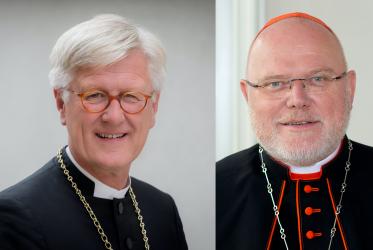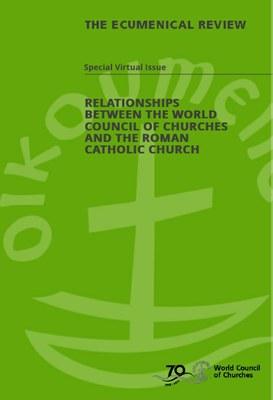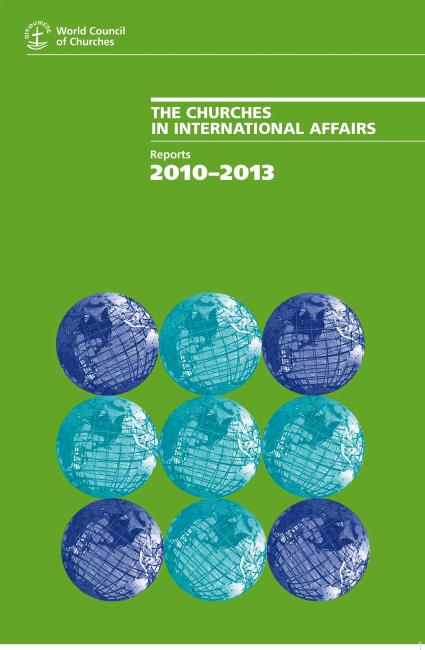Mostrando 241 - 258 de 258
Current dialogue
05 Agosto 2020
Current dialogue
05 Agosto 2020
International Review of Mission
05 Agosto 2020
International Review of Mission
05 Agosto 2020
The Ecumenical Review
05 Agosto 2020
The Ecumenical Review
05 Agosto 2020
Human Rights of Stateless People
29 Julio 2020
Human Rights of Stateless People
29 Julio 2020
The Invisible among Us
29 Julio 2020
The Invisible among Us
29 Julio 2020
Ein Gespräch mit dem äthiopischen Patriarchen Abune Matthias
14 Febrero 2017
Entrevista con el patriarca etíope Abune Matías
14 Febrero 2017






